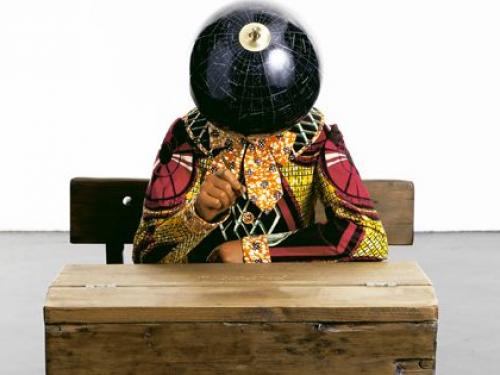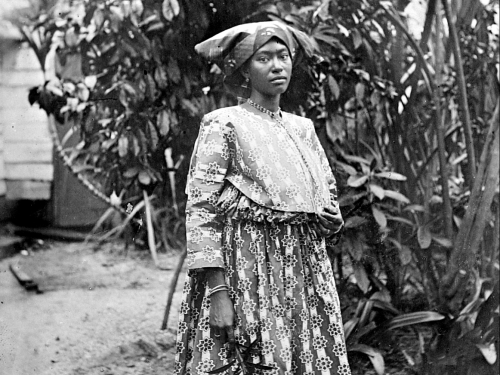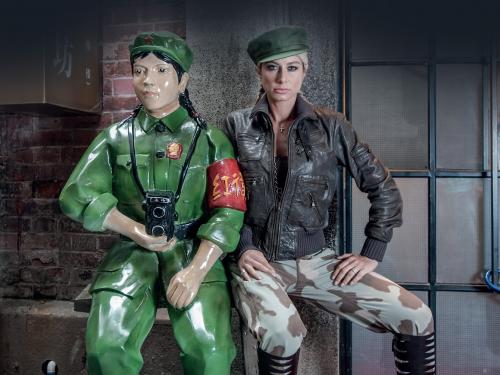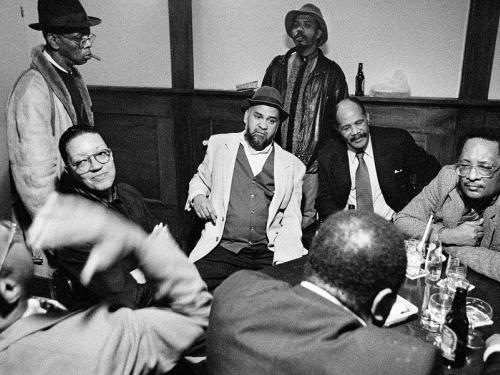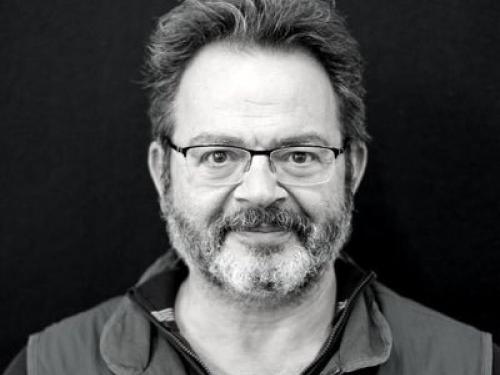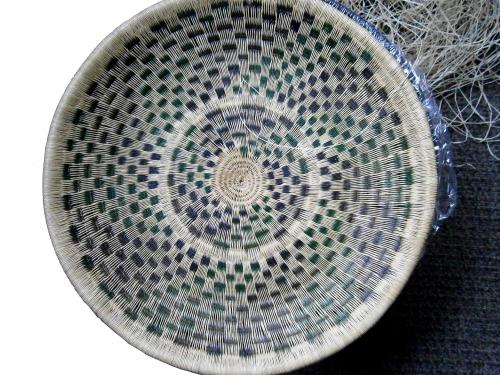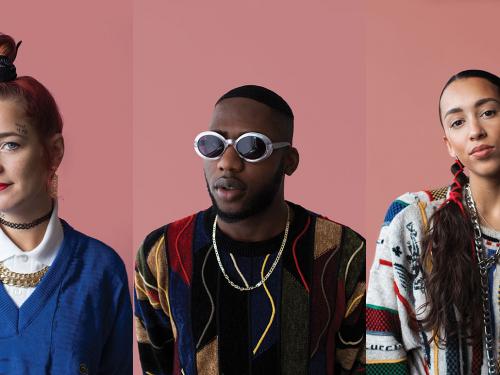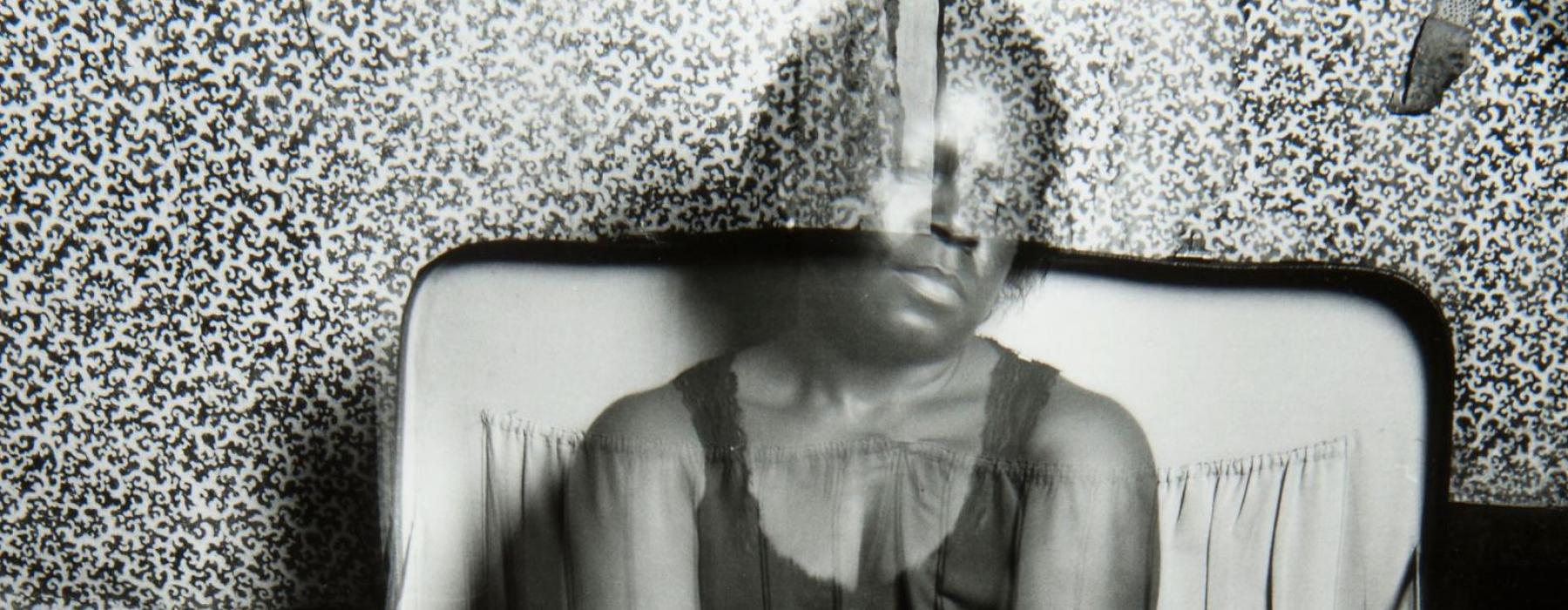
Bruno Latour has recently observed that two opposed ‘unrealities’ have gained dangerous traction: one utopia clings to the false promise of globalization as an infinite horizon of emancipation and modernity, while the other trades in false nostalgia for the old countries and protective borders of the past. His remarks come in response to what he and many others see as the defining condition of our age: we are all migrants in the sense that migration is no longer defined by a polarity of fixity (us) and movement (them), but rather a shared (even if radically different) experience of living in proximity to the distant (both physically and virtually). We are, it seems, rather ill-equipped to think through, much practically cope with this new global condition. And so the critical question becomes less about how to manage, control or stem movement and mobility. Instead it is about how to live and cohabitate in this emergent or arrived state of migration. Under the very real uncertainties created by the clashing utopias of the globe vs. the nation, it is now evermore urgent to think how we might bring together these two unrealities, and moreover bring them together, as Latour says, materially, realistically and durably, down to earth.
Objects may play a productive role in such a project. Ethnographic collections speak uniquely to historical and contemporary practices of encounter, dislocation, circulation, objectification, appropriation, rehabilitation, and belonging. And yet, Arjun Appadurai has noted that if objects are made to tell stories about distant places and cosmologies’, their status as ‘accidental refugees’ that have undergone journeys of displacement, relocation and rehabilitation (similar to human refugees) is masked in their mobilization as testaments to (our) fixity. How is it, he asks, are refugees seen as “artefacts of excessive circulation whereas the objects are seen exclusively as fixed and stable?” How might attending to these untold stories of refugee objects that now ‘belong’ to the nation help us imagine forms of the nation and globe through yet un/der-thought modes of belonging? Can such questioning lay bare what is necessary to transform earlier impulses and habits of classificatory foreclosure, intrinsic to our practice that reduces the migrant to the incommensurable “other,” into rethinking new modes of sharing one world, of living in ‘proximity to the distant’? How might ethnographic objects and the unique ways in which they articulate im/mobility and persistence in belonging contribute to studies of migratory histories, diasporas and global flows? How might these ‘accidental refugees’ write a different history of Europe?
